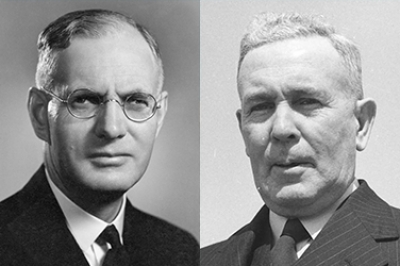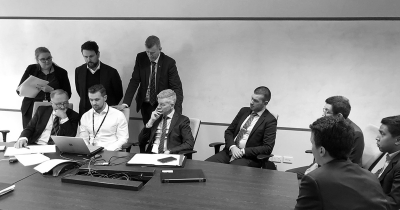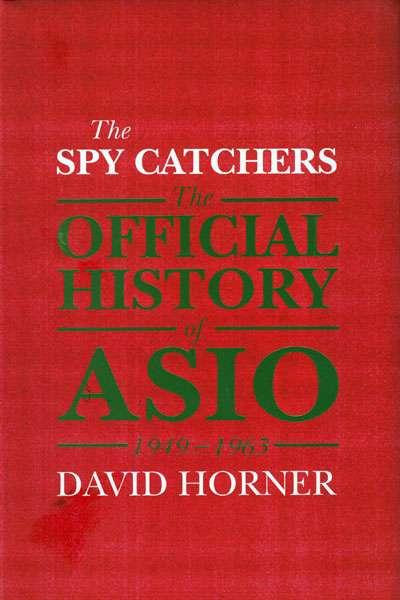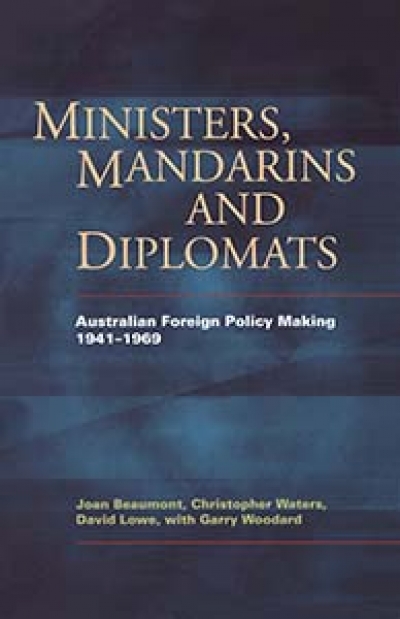Government
Australia’s new Commonwealth government has pledged to initiate a ‘universities accord’ and build consensus on higher education policy questions. This follows a period of torrid relations between universities and the government where constructive dialogue was patchy at best. We may have heard little from Labor about universities over the course of the past nine years, but its ‘universities accord’ election pledge at least recognises that, for the good of Australia and its people, it’s time to reopen constructive channels of communication.
... (read more)It is a famous parable. If a frog is dropped in boiling water, it will immediately leap out. But if placed in tepid water that is gradually heated, the frog will not notice the increasing temperature until it is boiled alive. The parable may be biologically inaccurate, but it remains instructive in the context of civil liberties ...
... (read more)The Spy Catchers: The official history of ASIO 1949–1963, Volume One by David Horner
The Lure of Politics: Geoff Gallop’s Government 2001–2006 by Lesley van Schoubroeck
Ministers, Mandarins and Diplomats: Australian foreign policy making 1941–1969 by Joan Beaumont, Christopher Waters, and David Lowe, with Garry Woodard
This book is about the role played by ministerial staff in Australian federal government. It is particularly concerned with the potential influence on policy making that this group may have through their capacity to advise ministers. It is, then, about the nature of the relations between personal advisers and their principals – a general issue that can be explored through history, and in countries other than Australia (see chapter 2). From the outset, however, it is important to differentiate between advice to ministers and advice to government, and the term ‘adviser’ does not sufficiently alert us to that differentiation. Indeed, the term ‘adviser’ is traditionally used to signify public servants, who are formally charged with the responsibility of advice to government. I have therefore elected to borrow the term ‘minder’, a term that is creeping into journalism and into the vernacular to refer to a member of a minister’s staff. We can thus distinguish at once between minders (personal advisers) and mandarins (public servants).
... (read more)



